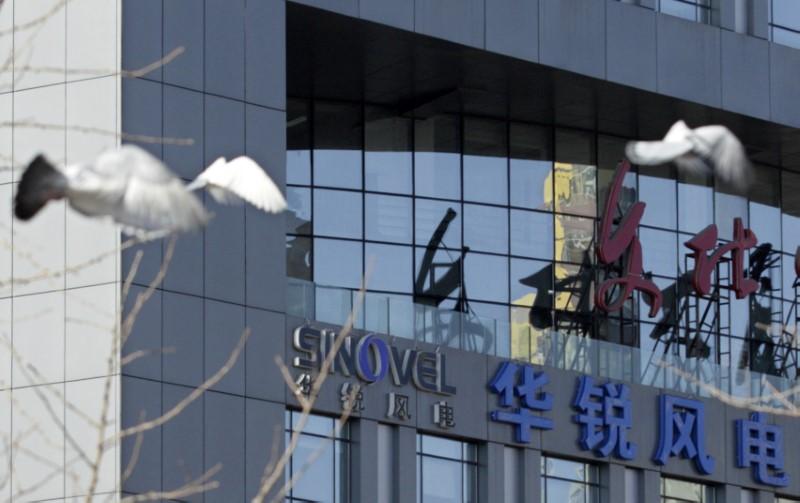Chinese wind turbine maker Sinovel Wind Group Co. was convicted on Jan. 24 of U.S. charges that it stole trade secrets from AMSC, an American energy technologies company, that resulted in losses of over $800 million.
A federal jury in Madison, Wisconsin, found Sinovel, once AMSC’s largest customer, guilty on all charges it faced, including conspiracy, trade-secret theft, and wire fraud, the U.S. Justice Department said.
The conviction exposes Beijing-based Sinovel to hundreds of millions of dollars in potential fines, according to the Justice Department. It is scheduled to be sentenced on June 4.
Sinovel saw its shares slide 4 percent at morning trade on Jan. 25. The stock has lost 46 percent since the charges were brought in June 2013, giving it a market value of about $1.4 billion.
The charges were announced amid heightened concern about Chinese theft of U.S. trade secrets and a legal battle in Chinese courts pitting the Massachusetts-based AMSC against Sinovel, one of the world’s largest turbine makers.
The conviction also comes as the United States studies possible intellectual property action against China. U.S. Commerce Secretary Wilbur Ross said on Jan. 24 China’s tech ambitions represent a direct threat that is being implemented by disrespect for “intellectual property rights, by commercial espionage.”
The case centered on technology that AMSC, formerly known as American Superconductor Inc., developed to regulate the flow of electricity from wind turbines to electrical grids, which Sinovel had purchased for its products.





